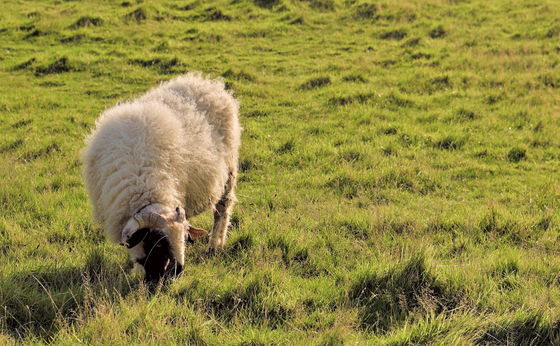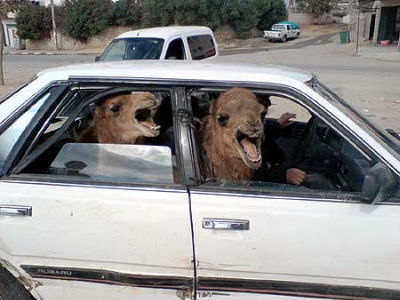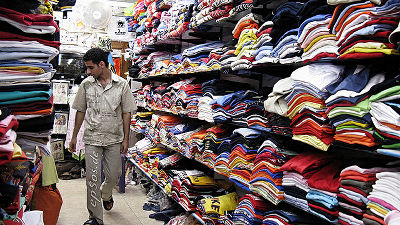What is the toughest 'knackerman' in the UK farming profession?

Even if you say 'agriculture' in a nutshell, it covers not only the work of cultivating vegetables and fruits, but also livestock such as dairy, beef cattle, and poultry farming, agricultural material companies that handle agricultural machinery and fertilizers, seedling manufacturers, distribution, and sales. .. The Guardian, a British letter,
The knackerman: the toughest job in British farming | Farming | The Guardian
https://www.theguardian.com/environment/2021/apr/13/the-knacker-the-toughest-job-in-british-farming
The Guardian reported a close interview with Ian Kerswell, who has been a knackerman in the UK for 35 years. Knackerman is a profession that transports the carcasses of livestock that were not shipped due to accidents, illnesses, disasters, senility, etc. to disposal facilities, and has a specialist company collect meat, bone meal, skin, etc. from the carcasses. Also known as 'Fallen stock collectors'.
Twelve knackermen belong to Andersons, to which Mr. Carswell belongs, and it seems that he is taking care of the corpses of the entire West Midlands state in the United Kingdom. In a close interview with The Guardian, Carswell has a tall, rugged body, a blue work shirt, boots, a mundane digital watch, as well as a corpse recovery winch attached to the back of the truck. I was hanging the remote control to operate around my neck.
Carswell said on the way to the livestock farm that he needed a knackerman to travel a total of 100-300 miles (about 160-480 km) to visit several livestock farms in a day. Half of the skill is 'thinking about efficient driving routes'. On the day of the interview, in addition to the livestock farms scheduled in advance, he planned to visit a total of 15 livestock farms that he suddenly contacted when he knew he was in the neighborhood, but Mr. Carswell has been in the West Midlands for many years. As a result of running through the state, he knew the shortcuts around the area, so he did not even turn on the car navigation system.
On the day of the interview, when collecting two sheep at the first sheep farm and heading to the next, 'I have a ram with a deep hand, but it is not long anymore,' from another sheep farm. When he was contacted and headed to the scene, the farmer carried the corpse in a wheelbarrow and said, 'I had a fight and broke my head.' In addition to the carcass that was bitten by a dog and lost his life, Carswell recovered the carcass that had swollen like rubber gloves several days after he died. Thus, sheep are not tough, resulting in scabies, scabies, blue tongue disease , rinderpest , infections from scars left after shaving, accidental ingestion of rusted wheat and poisonous plants, stress from changing weather, mineral deficiency, You will die from a variety of causes, including miscarriage. And sometimes Carswell himself shoots a bolt gun into his head and disposes of it.

When asked about the qualities that knackerman needs, Carswell says, 'Patience. Definitely patience.' For those who ask Mr. Carswell to dispose of it, those who seem to be calm but angry, those who treat their own livestock as if they were not, and those who have died. There are various types of people who hurt, and it takes patience to interact with these people. Next to patience, Carswell said 'experience.' No matter how much you deodorize, animals will sniff out the 'smell of death' that sticks to their bodies, and they will see through this upset, so at the time of disposal, it is necessary to accurately predict the behavior of animals by experience, Mr. Carswell ..
In the past, carcasses of animals were valuable, bones were used for fertilizers, meat for pet food, fat for candles, and leather for leather products. However, in modern times, wool is not cut because the cost of cutting exceeds the selling price, horse skin is too thin to use, and meat is not used because of residual antibiotics and anti-inflammatory agents. There is none. In response to this situation, the spread of bovine spongiform encephalopathy (BSE) enacted a law that 'carcasses must be taken out of the farm', and the culture of 'selling carcasses that could not be shipped to make money' has disappeared. As a result, the culture has changed to 'pay money to have the corpse picked up.'
Related Posts:







